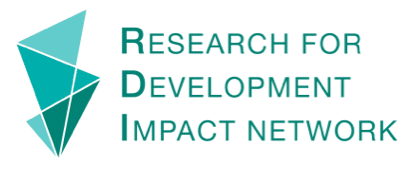The Symposium on Climate Change Impacts and Adaption Strategies in Coastal Communities focussed on“managing climate change in coastal regions”, and showcased experiences from research, field projects and best practice to foster climate change adaptation in coastal areas and communities, which may be useful or implemented elsewhere.
Climate change is known to impact coastal areas in a variety of ways. According to the 5th Assessment Report produced by the Inter-Governmental Panel on Climate Change (IPCC), coastal zones are highly vulnerable to climate change and climate-driven impacts may be further exacerbated by other human-induced pressures
Apart from sea level rise which poses a threat to both human well being and property, extreme events such as cyclones and storm surges lead not only to significant damages to property and infra-structure, but to salt water intrusion, the salinisation of groundwater, and intensification of soil erosion, among many other problems. There are also many negative impacts to the natural environment and biodiversity, which include damages to important wetlands and habitats that safeguard the overall ecological balance, and consequently the provision of ecosystem services and goods on which the livelihoods of millions of people depend.
These impacts are particularly acute in the developing countries and island States in the Pacific, Caribbean, Latin America and Asian region, since they have limited access to the funding and technologies needed to allow them to be more resilient and recover from the damages caused by hurricanes, floods and other extreme events.
To find out more about this event, click here.



